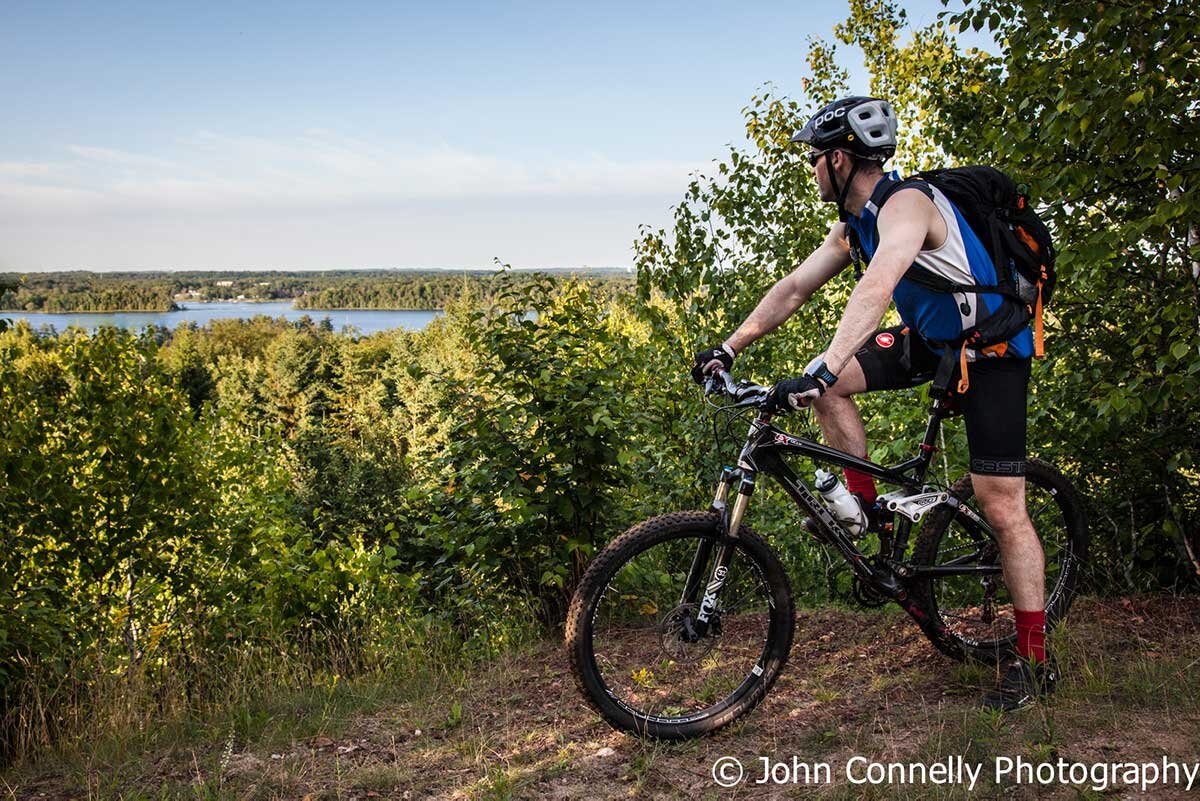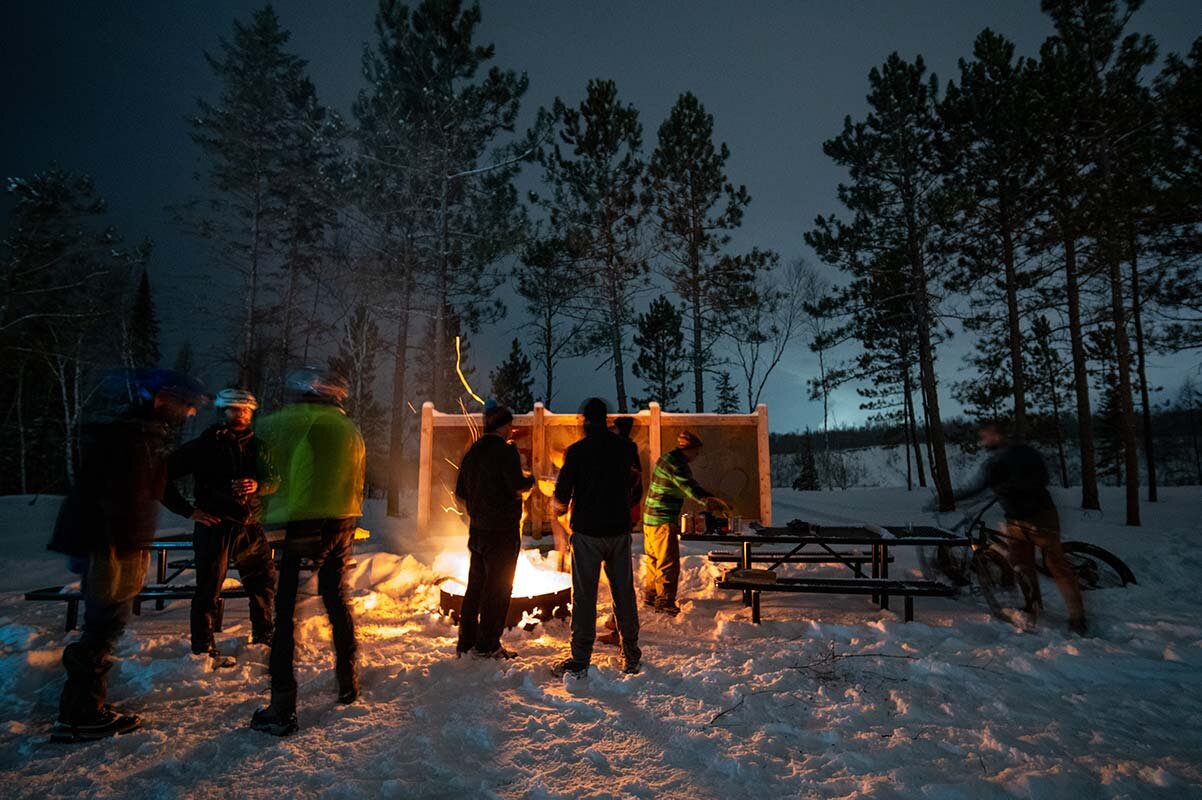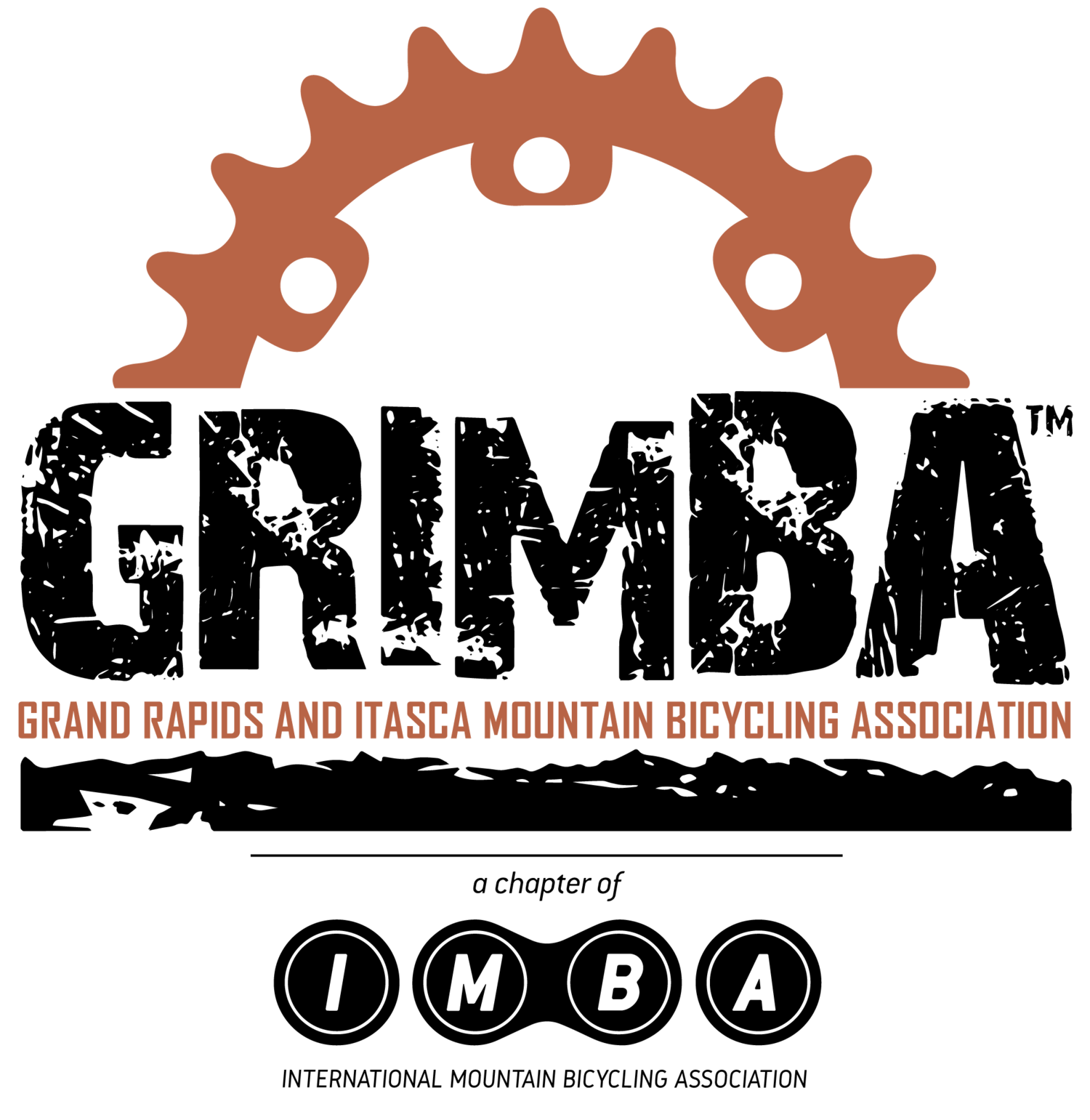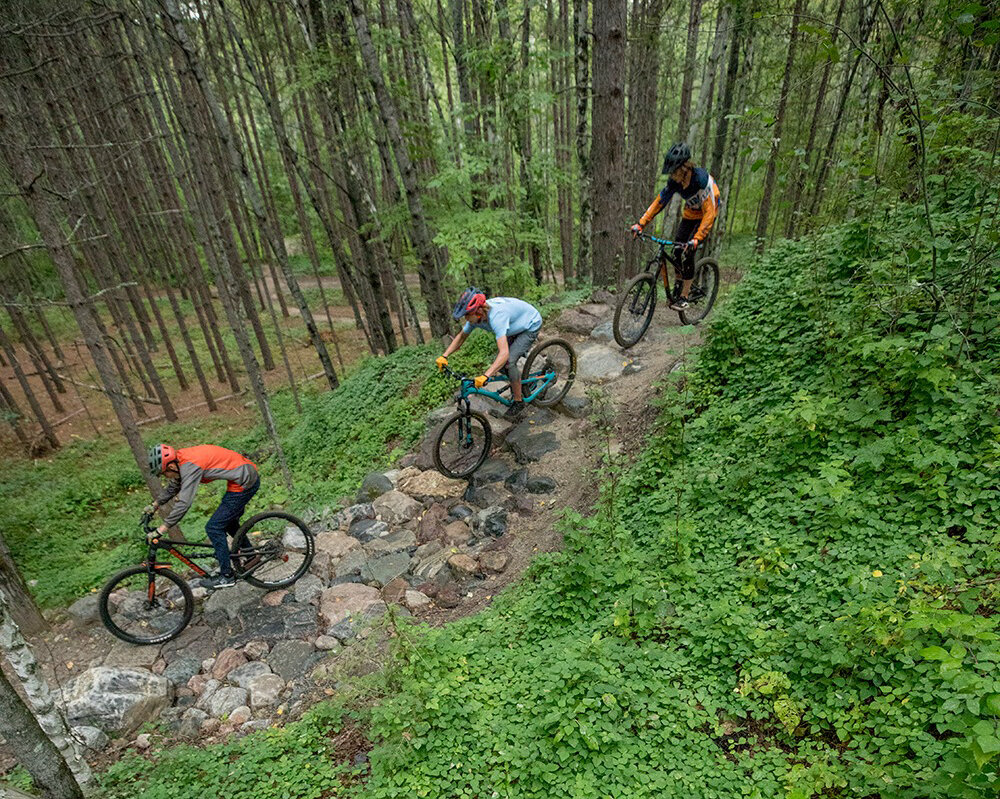
Tioga Recreation Area
Tioga Recreation Area
Tioga Recreation Area has over 20 miles of professional, machine built cross country and downhill flow trails carved into the red dirt landscape of the old Tioga iron mine. There are trails for every level of rider, from kid-friendly skill building loops to double-black tech trails.
View the Trailhead
Full Map
Wayfinding Map







Land FAQs
Who holds the lease for the bike trails?
The City of Cohasset holds the surface lease from the state for the state lands where the recreation area and bike trails are located.
What is allowed on the lease?
The lease is for a 6’ trail corridor for construction, operations, and maintenance of the bike trail. The Lessee may cut grass, weeds, shrubs, brush, and may remove downed trees within the 6’ corridor to keep the trail safe and usable.
Authorized trail improvements include:
Non-motorized bike trails
Safety fence and rails as needed
Trail signs and control structures
Pit fencing and signs
Kiosks
Stop signs
3 overlooks 20’ by 20’ with benches and kiosks, location to be approved by Lessor prior to construction
The lease is also for a “Trailhead” area, including:
School Trust Lands and Minerals information sign o Entrance road and Tioga pit road
Parking lot
Entrance sign
Trailhead map and kiosk
Interpretive signage and art
Covered pavilions (without walls)
Changing stations (without roof)
Portable restrooms
Picnic tables
Bonfirepit
Outdoor grills
Bike repair station
Gates and locks
Trail signs and control structures
Pit fencing and signs
Fishing pier and signs
Tioga pit swimming beach and signs
Overlook benches, pullouts, kiosks, and signs
Who owns the land at the Tioga Recreation Area?
The Tioga Recreation Area and future trail systems sit on School Trust Lands and county managed Tax-forfeited Lands.
How are School Trust Lands different than other state lands?
The Federal Government created Minnesota’s Permanent School Fund in 1857 (a year before Minnesota statehood) and set aside millions of acres of land to provide income and a long-term source of funds for public education. The DNR is directed by state statute Section 84.027, Subd. 18 to manage School Trust Lands to generate income for the trust.
Other DNR-managed lands may have specific purposes such as wildlife management areas, state parks, state forests, but School Trust Lands are designated for income generation for the school trust.
How do School Trust Lands generate income?
Most of the revenue on School Trust Lands is generated from mineral leasing and royalty payments, forest management activities, and real estate transactions including sales and leases.
In the case of the Tioga Recreation Area and trails, the lease includes the use of a corridor of the land surface where amenities are located, but not all of the acreage, nor any of the timber around the trail or mineral resources under the trails.
The state’s lease income from the Tioga Recreation Area and trail system goes to the School Trust Fund (not the DNR).
Why are timber sales and mining still allowed in this area?
The land in this area holds significant timber and mineral reserves. The DNR strives to provide ample public access to these lands while still performing its statutory role to the School Trust.
Despite the surface lease to accommodate the Tioga Recreation Area and trails, the DNR is still required to manage the property for maximum long-term economic return for the School Trust.
The lease is for a 6’ trail corridor to construct, operate and maintain a bike trail. In order to keep the least cost affordable, no timber or mineral values were included in the lease cost.
Lease terms were agreed upon by both parties.
What happens when timber management or mining is proposed?
In the case of surface activity such a timber management, recreational trails may need to be rerouted or relocated at the expense of lessee. In the event of a mining or other large-scale proposal, the existing recreational lease may be cancelled with notice.

